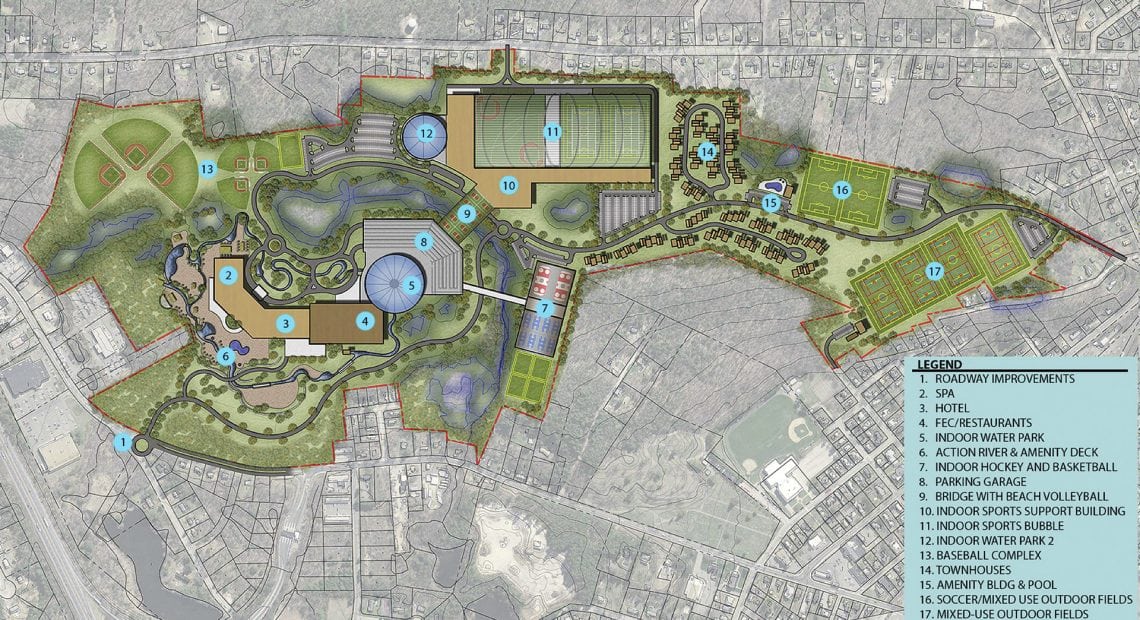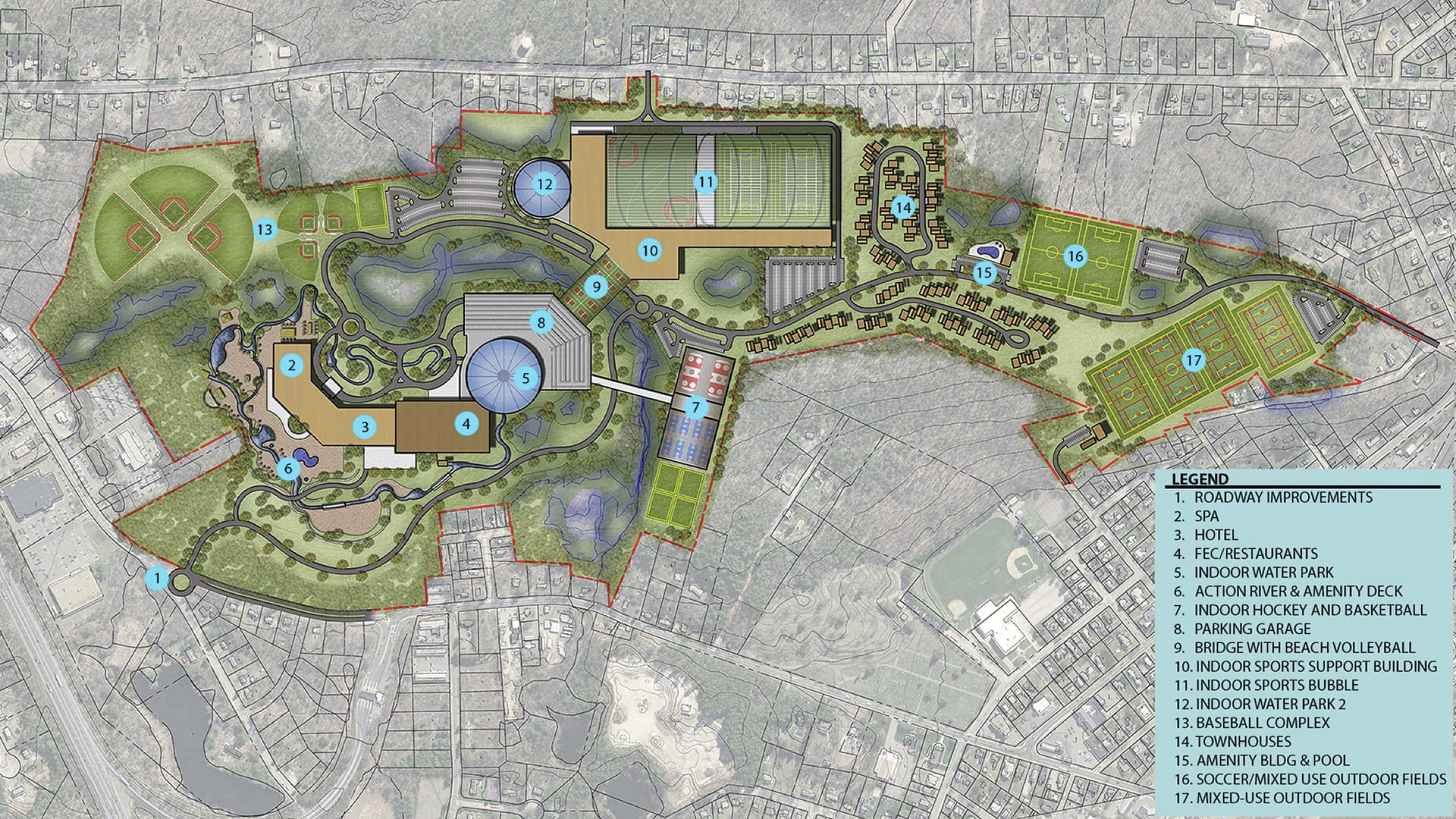Death and Taxes
By Jim Moran, CPA
On April 28, the Biden administration released its FY 2022 revenue proposals. Along with raising the corporate tax rate to 28% and the top individual rate to 39.6%, widespread changes have been proposed to the capital gains tax rate and estate tax.
Under current federal law, upon death, property passes to a beneficiary at fair market value, with a few exceptions. This means the beneficiary’s basis generally becomes the value of the property at the decedent’s date of death, also referred to as ‘step-up in basis.’ For gifts made during a donor’s lifetime, the donee receives the donor’s basis in the property. This means the donee’s basis remains the same as the donor’s basis, generally original cost plus any improvements. No taxable gain or loss occurs upon the transfer of the property. Gain or loss is realized only when the property is eventually sold.
Under the Biden administration’s proposal, transfers of appreciated property upon death, or by gift, may result in the realization of capital gain to the donor or decedent at the time of the transfer. This means tax may be triggered at the date of the transfer regardless of whether the property is subsequently sold. This would be accomplished by eliminating the step-up in basis upon death of a decedent and requiring a tax be paid on a portion of the value of a gift made.
Fortunately, the Biden proposal would allow a $1 million per-person exclusion from recognition of unrealized capital gains on property either transferred by gift or held at death. The per-person exclusion would be indexed for inflation after 2022 and would be portable to the decedent’s surviving spouse under the same rules that apply to portability for estate- and gift-tax purposes (making the exclusion effectively $2 million per married couple). It is important to note, however, in the case of gifts, the donee’s basis in property received by gift during the donor’s life would be the donor’s basis in that property at the time of the gift to the extent that the unrealized gain on that property counted against the donor’s $1 million exclusion from recognition.
“Under the Biden administration’s proposal, transfers of appreciated property upon death, or by gift, may result in the realization of capital gain to the donor or decedent at the time of the transfer. This means tax may be triggered at the date of the transfer regardless of whether the property is subsequently sold.”
Tangible personal property (other than collectibles) would also be excluded from the triggering of gain. The exclusion under current law for certain small-business stock would remain, and the $250,000 per-person exclusion under current law for capital gain on a principal residence would apply to all residences currently allowed under IRC Section 121 and would be portable to the decedent’s surviving spouse, making the exclusion effectively $500,000 per couple.
The Biden proposal allows for some exempt transferees. Property transferred by a decedent to a charity would be exempt. Transfers by a decedent to a U.S. spouse would be at be the carryover basis of the decedent, and capital gain would not be recognized by the surviving spouse until the surviving spouse disposes of the asset or dies.
In addition to transfers upon death or gift to an individual, transfers of appreciated property into, or distributed in kind from, trusts (other than revocable grantor trusts) and partnerships may be treated as recognition events for the donor or donor’s estate. Valuation is another important concern in regard to a partial interest. The transfer of a partial interest would be at the ‘proportional share.’ Valuation discounts for minority interests will not apply.
Under Biden’s proposal, the donor would report any deemed recognition events on the donor’s gift-tax return. A decedent would report any capital gains on an estate-tax return or, potentially, a separate capital-gains return. A decedent would be able to offset capital gains against any unused capital-loss carry-forwards and up to $3,000 of ordinary income on their final individual income-tax returns. Any capital-gains taxes deemed realized at death would be deductible on the decedent’s federal estate-tax return if required.
The proposal would be effective for gains on property transferred by gift and on property owned at death by decedents dying after Dec. 31, 2021.
With a 50/50 partisan split in the U.S. Senate, it is currently unclear what the final proposal will end up being. Now is the time to start thinking about the how the proposed changes will affect you. Make an appointment with your tax or financial-planning professional to discuss what steps you should consider taking. You may need to be willing to act quickly should these proposals become reality.
Jim Moran, CPA, MST is a manager with Melanson CPAs, focusing on commercial services and tax planning, compliance, and preparation.








